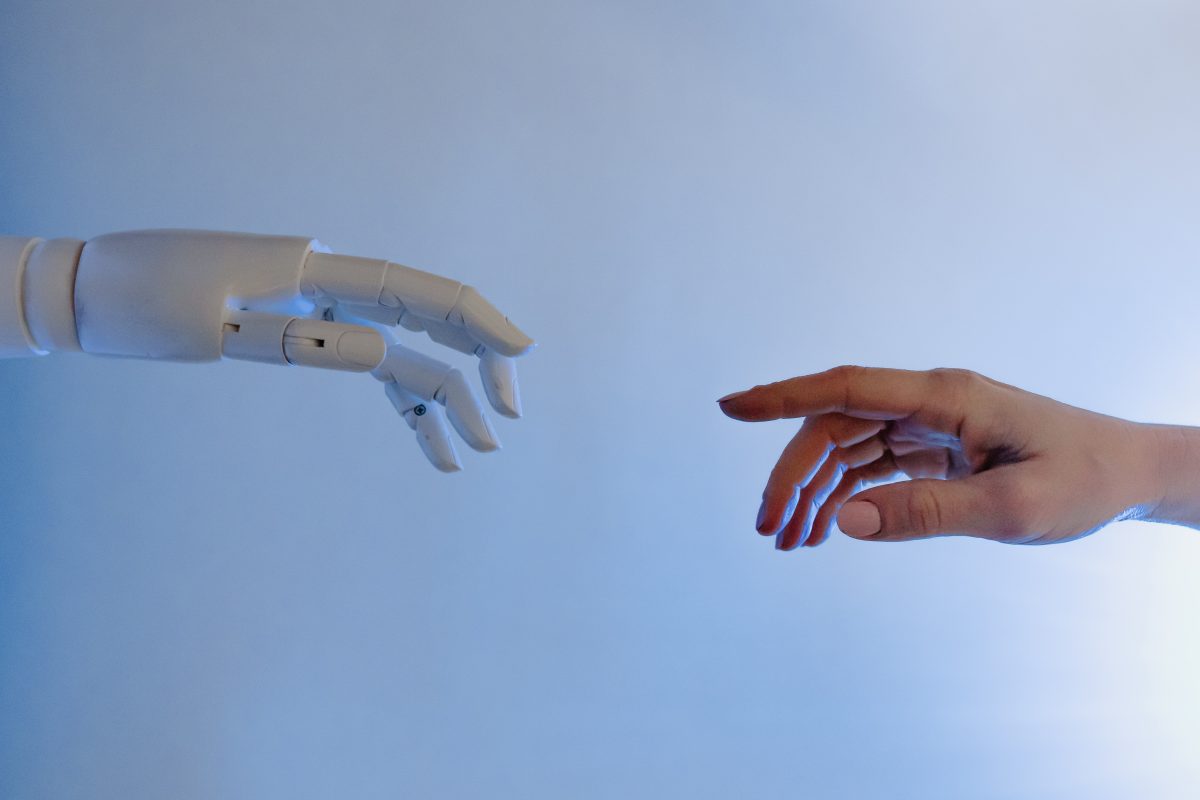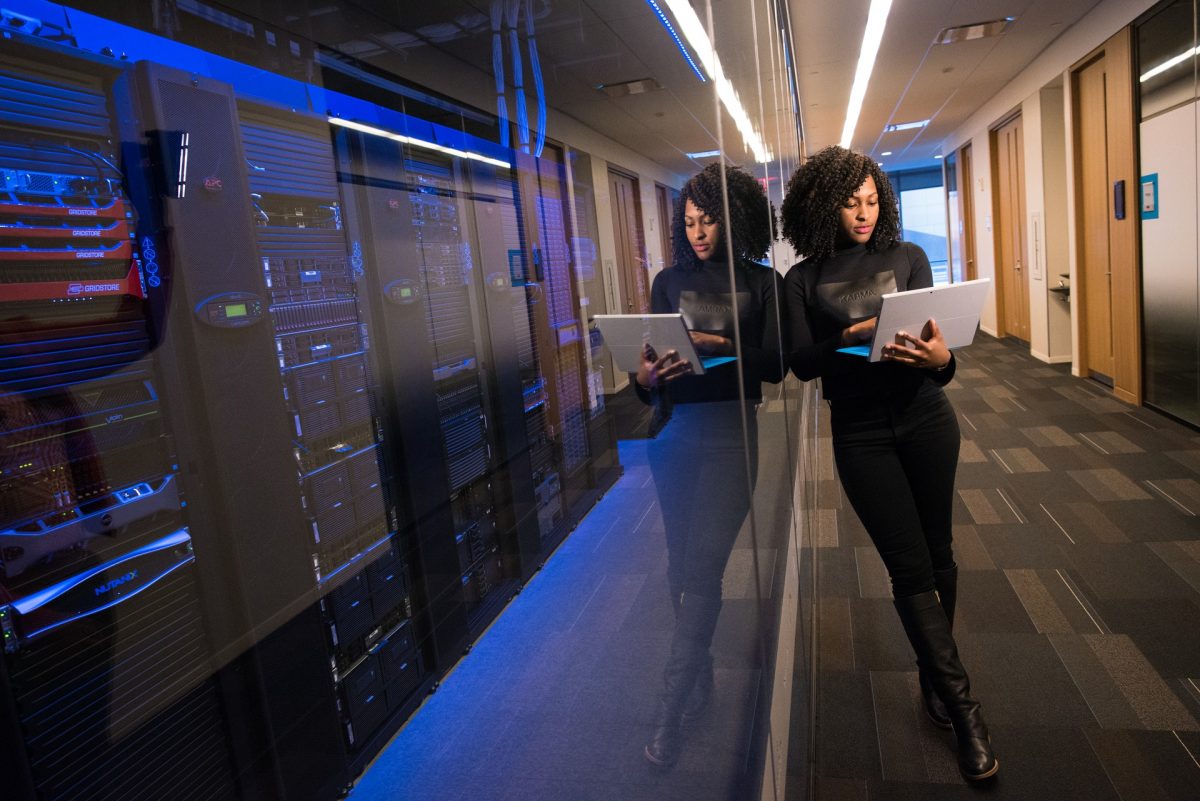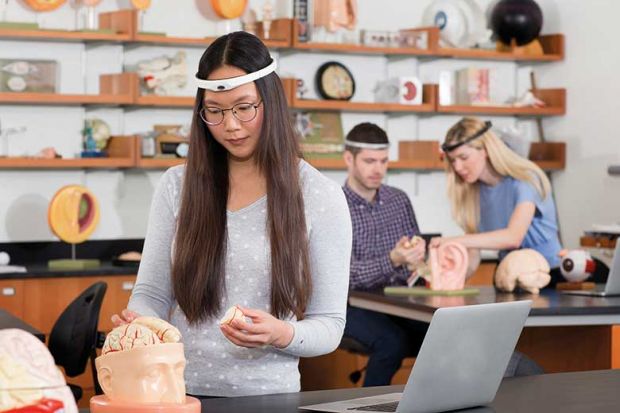The way we work is always evolving. Recent advancements in immersive technologies such as virtual and augmented reality and artificial intelligence such as ChatGPT are set to transform the way we work. In this blog post, we’ll take a look at how such technology could change our workplace practices. We’ll also consider what skills an employee might need for the future workplace.







